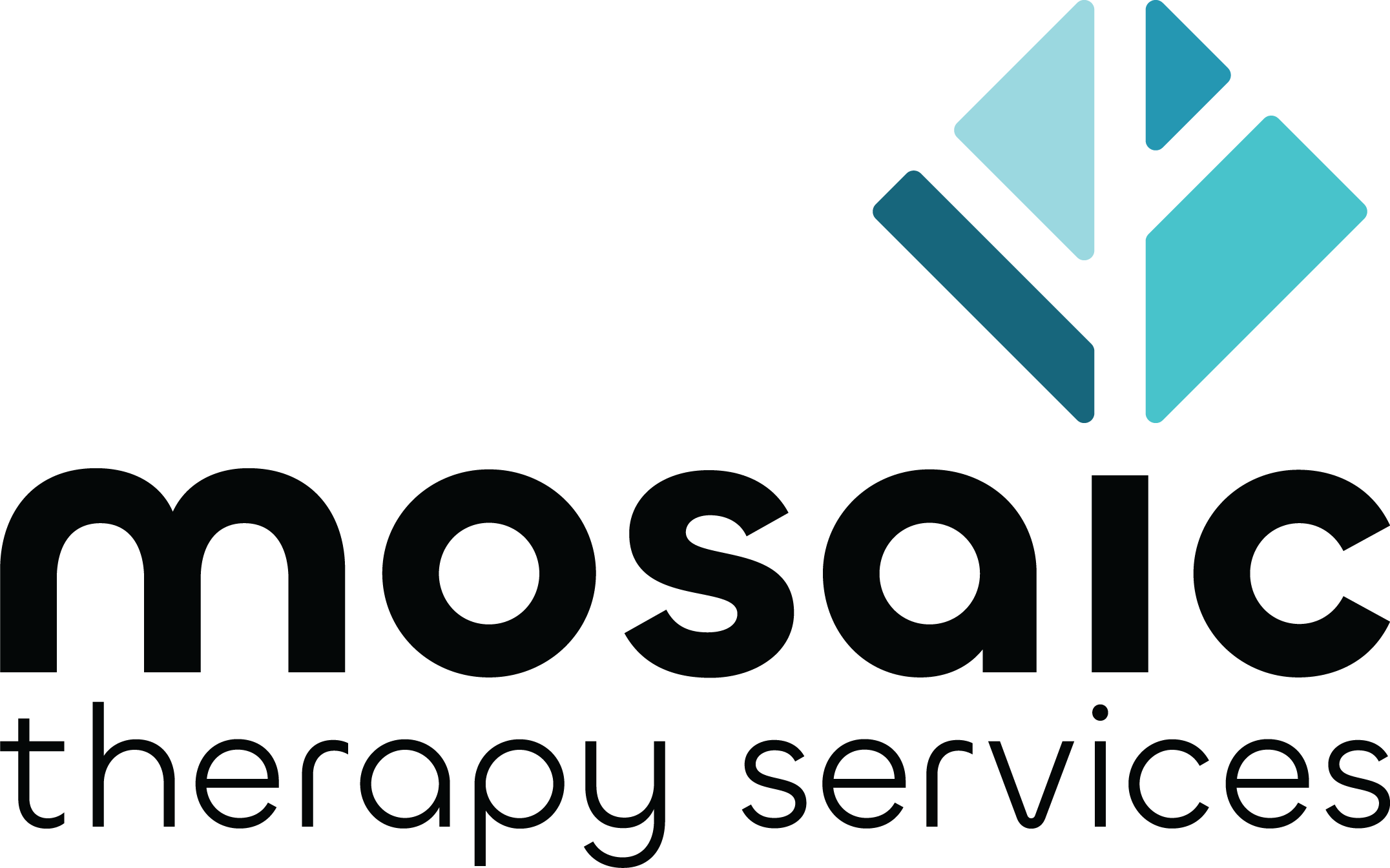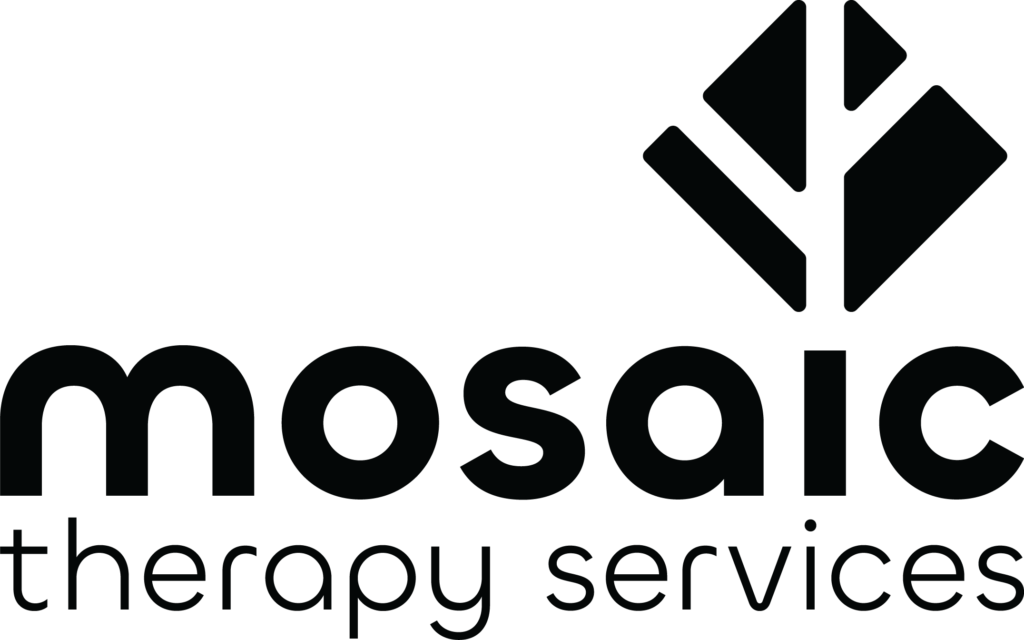
Trauma Healing
Trauma is a broad term that generally encompasses an individual’s capacity to experience control over or integrate the impact of an extremely emotionally or physically damaging event. How a traumatic situation impacts an individual is not just based on the severity of the event, but also on duration, prior experiences, how an individual has learned to interpret and respond to them and ability to access appropriate supports to allow for healing.
Trauma Focused Coginitive Behavioral Therapy (TF-CBT)
Trauma-Focused Cognitive Behavioral Therapy (TF-CBT) is an evidence-based treatment for children and adolescents (ages 3 to 18 years old) who have been affected by single, multiple, or complex traumatic experiences. In TF-CBT, the child/adolescent works through a series of modules focused on psychoeducation; building foundational skills for relaxation, feelings identification, emotion regulation, and healthy coping; processing the traumatic experience(s); working through trauma triggers; and planning for future safety. TF-CBT also includes a caregiver component, which involves individual meetings for the caregiver, as well as joint sessions with the caregiver and child. The caregiver component is focused on sharing new skills that the child is working on, providing parenting support, and strengthening the caregiver-child relationship. TF-CBT has been shown to improve various emotional and behavioral symptoms associated with trauma.
Instinctual Trauma Response (ITR) Therapy
When we experience overwhelming, life threatening or terrorizing events, our system goes through a series of survival responses known as the Instinctual Trauma Response (ITR). Based on years of clinical observations, neurological research and these universal survival processes, ITR Therapy can provide relief for individuals experiencing trauma symptoms by offering an art therapy and parts-informed approach. Instead of being stuck in one of these response states, by applying simple principles the ITR method helps identity and heal the root cause of the trauma, organizing the sensory-based memories and allowing the brain to logically and naturally bring trauma stories to a conclusion.
Trauma-Informed Internal Family Systems Therapy
The IFS model of therapy synthesizes family systems theory and multiplicity of the mind. It suggests the mind is not unitary but an ecology of subpersonalities or “parts” that relate in patterns resembling that of families. Traumatic experiences can force these parts into extreme roles, resulting in undesirable behaviors, thoughts, feelings and physical symptoms. Parts carrying the trauma become compartmentalized or “exiled” while other parts take on protective or reactive roles preventing access to the associated pain. IFS contends everyone has a “Self” or healthy essence at their core that when accessed is capable of healing the trauma carried by the internal system. Through specific dialogues and techniques, IFS therapists develop a therapeutic alliance using their own Self energy, crucial in facilitating a client’s ability to access their own.
Trauma-Informed Art Therapy
Through evolving research in both art therapy and neuroscience, we are beginning to understand how art making works with the brain and helps facilitate resiliency and healing post-trauma. Art therapy can provide a distinct advantage over verbal therapies alone by accessing the non-verbal realm. By tapping into our innate creativity, traumatic memories can be externalized allowing a sense of empowerment over what is being expressed and at what pace, and distancing between the person and the content being visually depicted. When imagery is at play, individuals are able to engage with the process of making the image, acknowledge and explore unspeakable traumatic experiences, open pathways to change and explore elusive parts of themselves.

